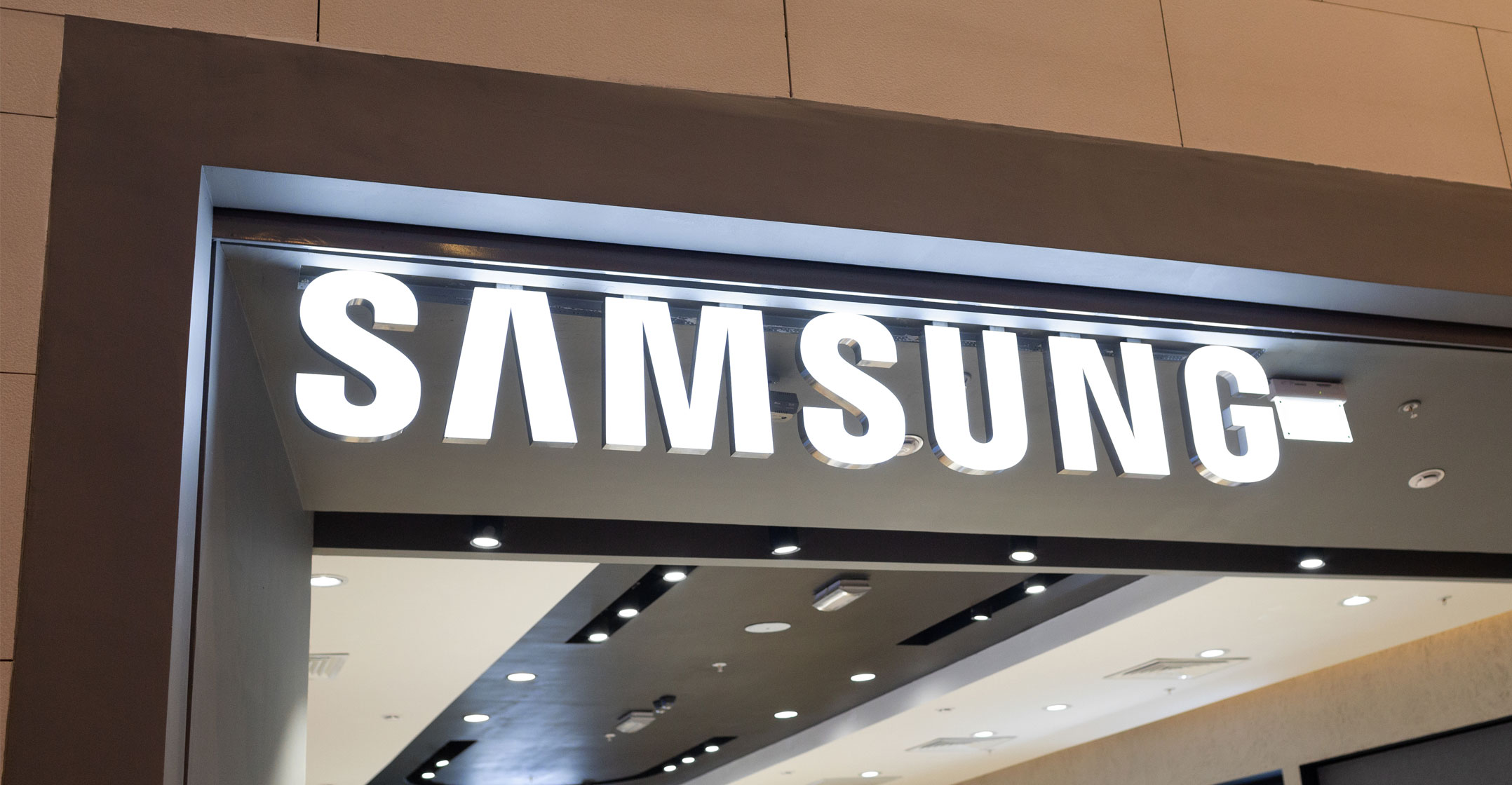 Samsung Electronics is heading for its lowest profit since the global financial crisis, if not longer, due to a sharp slowdown in tech demand that triggered losses at its semiconductor division.
Samsung Electronics is heading for its lowest profit since the global financial crisis, if not longer, due to a sharp slowdown in tech demand that triggered losses at its semiconductor division.
The South Korean chip maker, which reports preliminary results for the March quarter on Friday, is expected to say operating profit plummeted about 90% to ₩1.45-trillion (R19.9-billion), according to analyst estimates. That would be the smallest profit since 2009. Several profit projections are below ₩1-trillion and in some cases just slightly above breakeven.
While the semiconductor industry is known for its boom-and-bust cycles, it endured one for the history books during the Covid era. Demand soared during the pandemic as consumers bought new computers and smartphones, prompting chip makers like Samsung to crank up production. But sales tumbled as lockdowns lifted and then shrivelled more with soaring inflation, rising interest rates and other global economic trauma.
That left the US$160-billion memory chip industry with a yawning mismatch between supply and demand. Inventories spiked. Prices for DRAM and NAND tumbled. Samsung, the biggest player in memory chips, is expected to lose about $2.7-billion in its semiconductor division.
“The biggest problem right now is that chip inventories are too high and, in order to reduce them, the company will have to cut production,” said Lee Seung-woo, analyst at Eugene Investment & Securities.
Prices for DRAM, a type of memory used to process data in computers and phones, slid 20% in the first quarter and are expected to drop 10-15% in the second quarter, according to market research firm TrendForce. NAND storage-chip prices plunged as much as 15% and are expected to fall another 5-10% in the second quarter.
“Memory prices declined further than the market’s expectations in the first quarter due to poor demand,” said Baik Gilhyun, analyst at Yuanta Securities. “Prices will fall but at a slower pace in the current quarter. There’s not much further to slide because DRAM and NAND contract prices will soon hit their cash-cost level.”
Slumped
South Korea’s exports of chips slumped 34.5% in March, following a decline of more than 40% in the previous month, according to data released by the country’s trade ministry. Total exports to China, the biggest trade partner of Korea, fell by 33.4% as the world’s second biggest economy reels from an economic slump.
Sanjay Mehrotra, CEO of memory-chip rival Micron Technology, said last week he’s optimistic about a recovery in the market this year as inventory levels decline and demand recovers. Still, any improvement will depend on whether the major chip makers throttle back production. “The recovery could be accelerated if further supply cuts are made,” he said.
Samsung has been the holdout. While Micron, SK Hynix and Kioxia Holdings have slashed their spending on investment and cut production in the hopes of stemming further price declines, the largest memory maker has kept up its own expenditures.
Read: Galaxy S23 series to be a test of Samsung’s brand power
Samsung — now led by Jay Y Lee, the founder’s grandson — has said its strategy historically has been to keep spending during downturns to increase its competitive position. The approach can help the company grab market share — and develop new technologies to wield against rivals like Hynix and Micron when they don’t have the cash to keep up.
Read: Samsung’s staggering chip investment plans
In Pyeongtaek, Samsung’s workers are busily constructing the company’s fourth, gigantic chip production line and planning to add two more lines by end of this decade. Besides memory chips, Samsung is trying to expand its semiconductor foundry business, which is now dominated by Taiwan’s TSMC. Samsung announced another ₩300-trillion (R4.1-trillion) investment for a new mega chip campus in Yongin for the next two decades.
While rivals and investors have called on Samsung to follow the path of its competitors and cut production, Samsung seems unlikely to do so. In February, Lee told the company’s executives they “should not be fazed” by the industry’s challenges and keep investing in the future. — (c) 2023 Bloomberg LP

